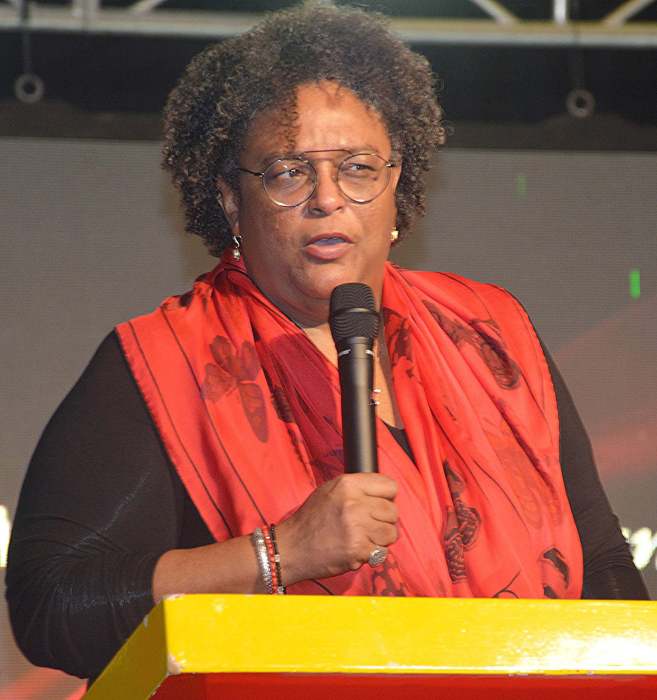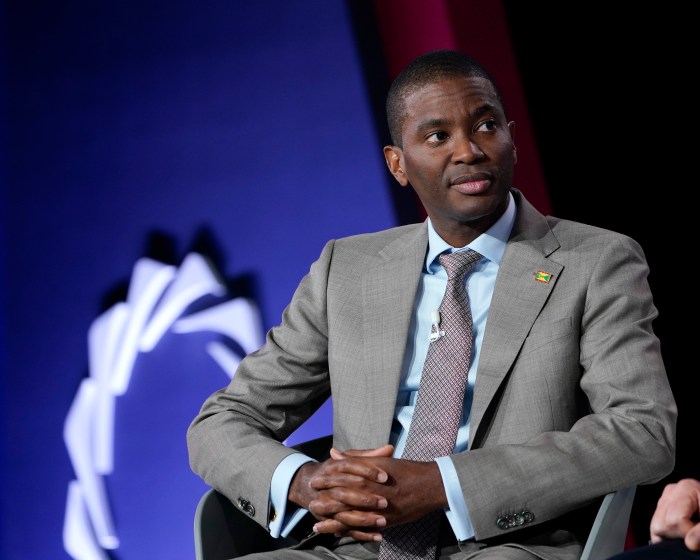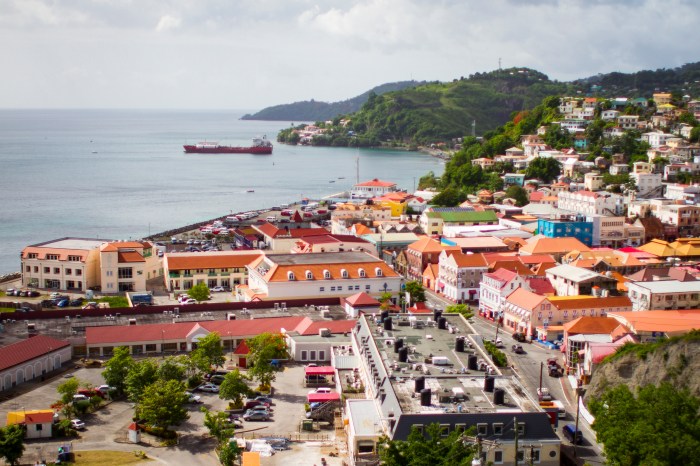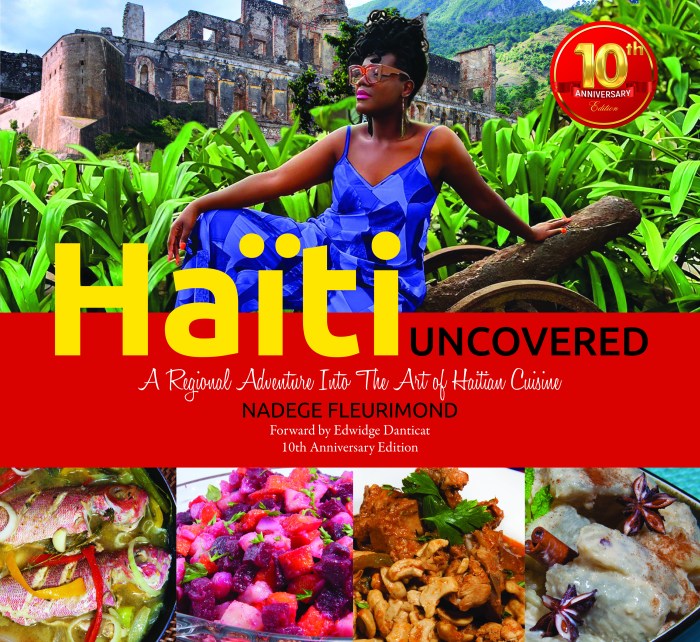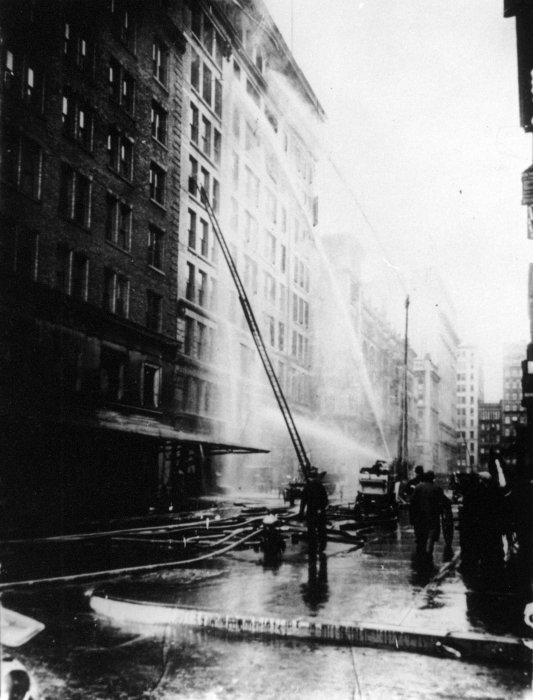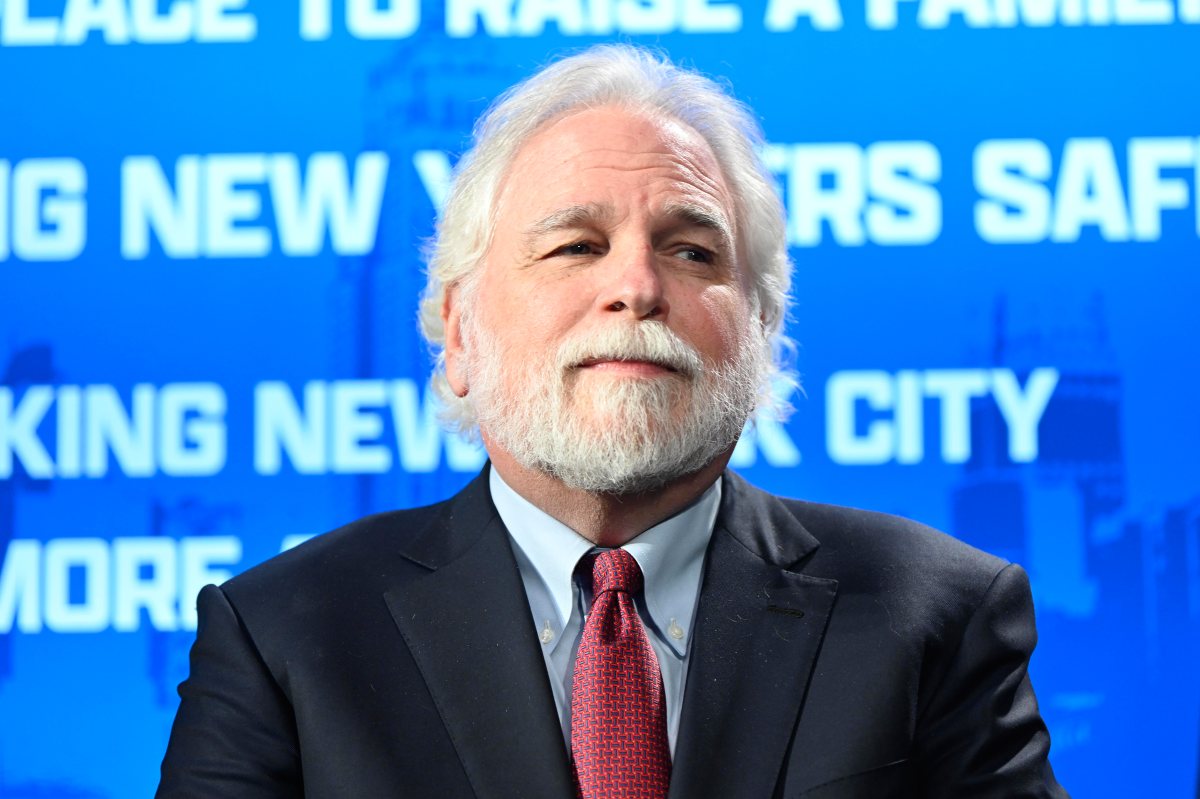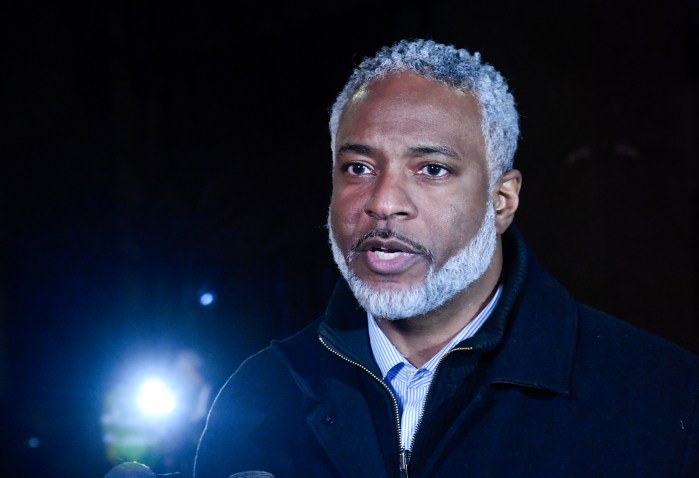In a January 28 decision, the Geneva, Switzerland-based group ruled that under international law, Antigua and Barbuda have a right to retaliate by suspending certain obligations it has under international law to the United States with respect to intellectual property rights.
Having initially received preliminary authorization to do so from the WTO in 2007 and negotiating with the U.S. government for a settlement of the case over the course of the last five years, Antigua said it is seeking final WTO approval of its sanctions in order to compel the U.S. either to comply with the rulings in Antigua’s favor in the gambling dispute or to negotiate a “fair and reasonable solution” with the Antiguan government.
The government said the remedy is “expressly provided” for under WTO law, adding that contrary to what the U.S. has publicly stated, will not constitute “piracy” or theft of intellectual property rights.
Rather, the Antigua government said it will be a “lawful suspension of intellectual property rights, conforming to the judgment of the relevant WTO tribunal.”
For nearly a decade, Antigua government said it has sought to resolve the dispute with the U.S. government over the U.S. failure to abide by American treaty obligations with regard to remote gaming.
“The economy of Antigua and Barbuda has been devastated by the United States government’s long campaign over five yesrs to prevent American consumers from gambling online with offshore gaming operators,” said Harold Lovell, Antigua’s finance minister.
“These aggressive efforts to shut down the remote gaming industry in Antigua have resulted in the loss of thousands of good paying jobs and seizure by the Americans of billions of dollars belonging to gaming operators and their customers in financial institutions across the world,” he added. Lovell said if the same type of actions, by another nation, caused the people and the economy of the United States to be so significantly impacted, Antigua and Barbuda would, “without hesitation, support their pursuit of justice.”
“We once again ask our fellow sovereign nation and WTO member, the United States of America, to act in accordance with the WTO’s decisions in this matter, before we move forward with the implementation of the sanctions authorized this day by the WTO,” he said. Lovell said at its height, the remote gaming industry in Antigua and Barbuda was the country’s second largest employer, with leading international gaming economists estimated that the industry was worth over US $3.4 billion to the Antiguan economy.
Having once employed over 4,000 people, today less than 500 persons are employed in the gaming sector, the finance minister said.
“This economic devastation has been caused by the direct actions of the U.S.,” he said, stating that fees paid by the gaming industry helped fund public education, healthcare and the country’s infrastructure.
Lovell also said the income boosted consumer spending and other economic activity associated with “a vibrant, high-tech industry.”
“Antigua has decided to utilize its right under international law to compel treaty compliance by the United States,” said Colin Murdoch, trade ambassador for Antigua. “This decision did not come easily.
“After countless proposals from our government have been more or less ignored by the Office of the USTR (U.S. Trade Representative) – numerous decisions by the WTO declaring the United States government’s position illegal – and failure of the United States government to provide meaningful proposals to end the dispute, the WTO provides this remedy not to encourage illicit behavior by nations but rather to provide them with a way to secure their legal rights as sovereign nations,” he added.
“It is important to note that the intellectual property remedy is incorporated in the WTO agreements and approved by all members, including the United States,” Murdoch continued.


